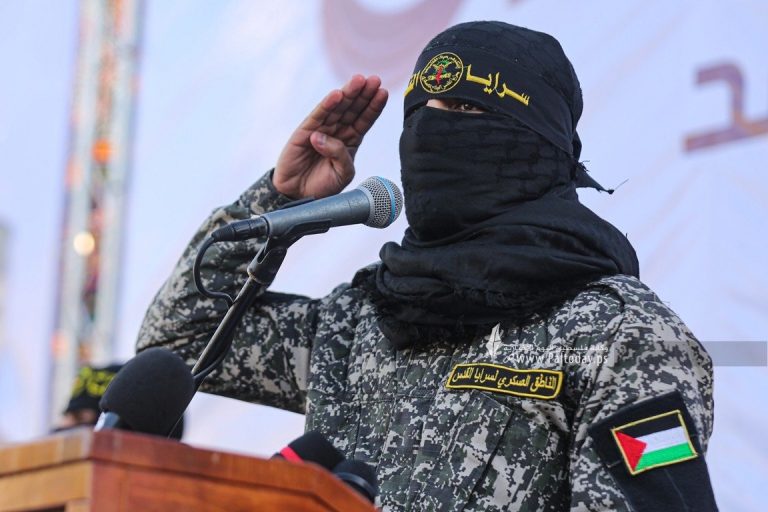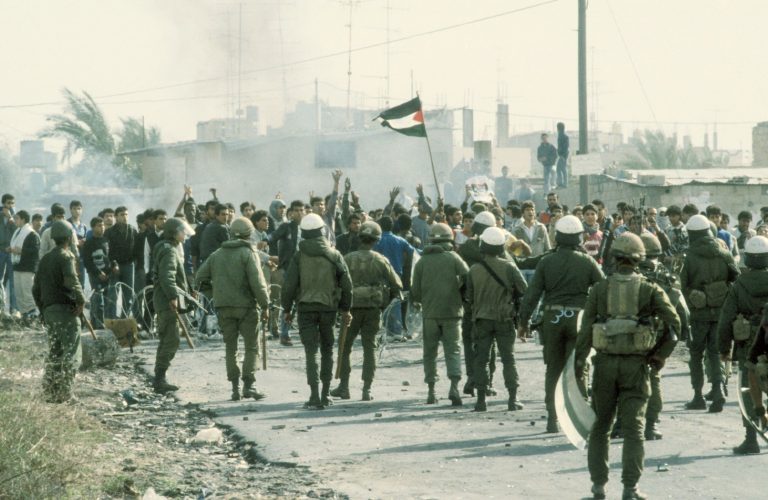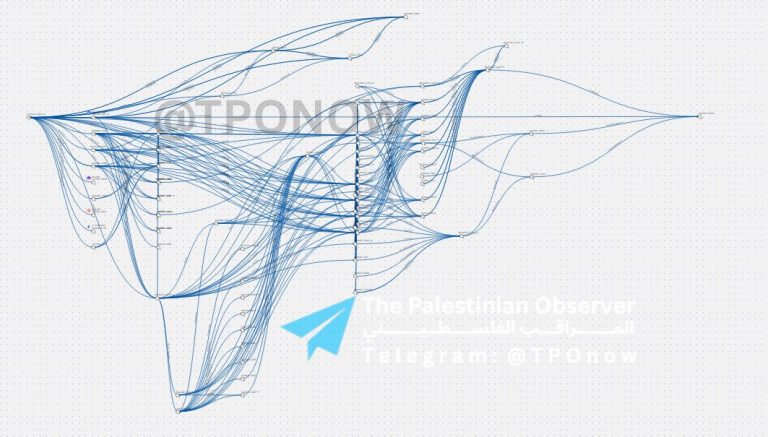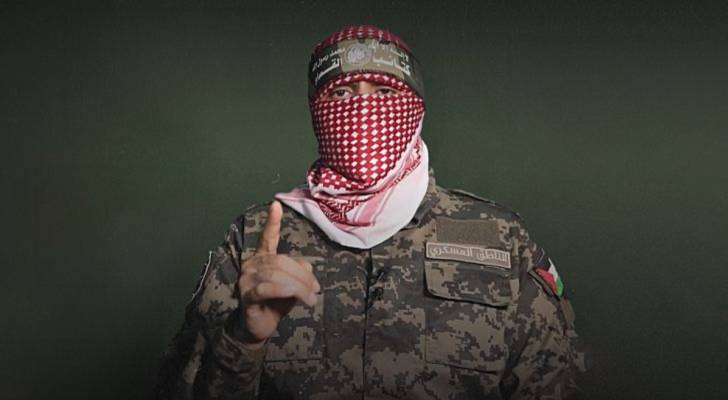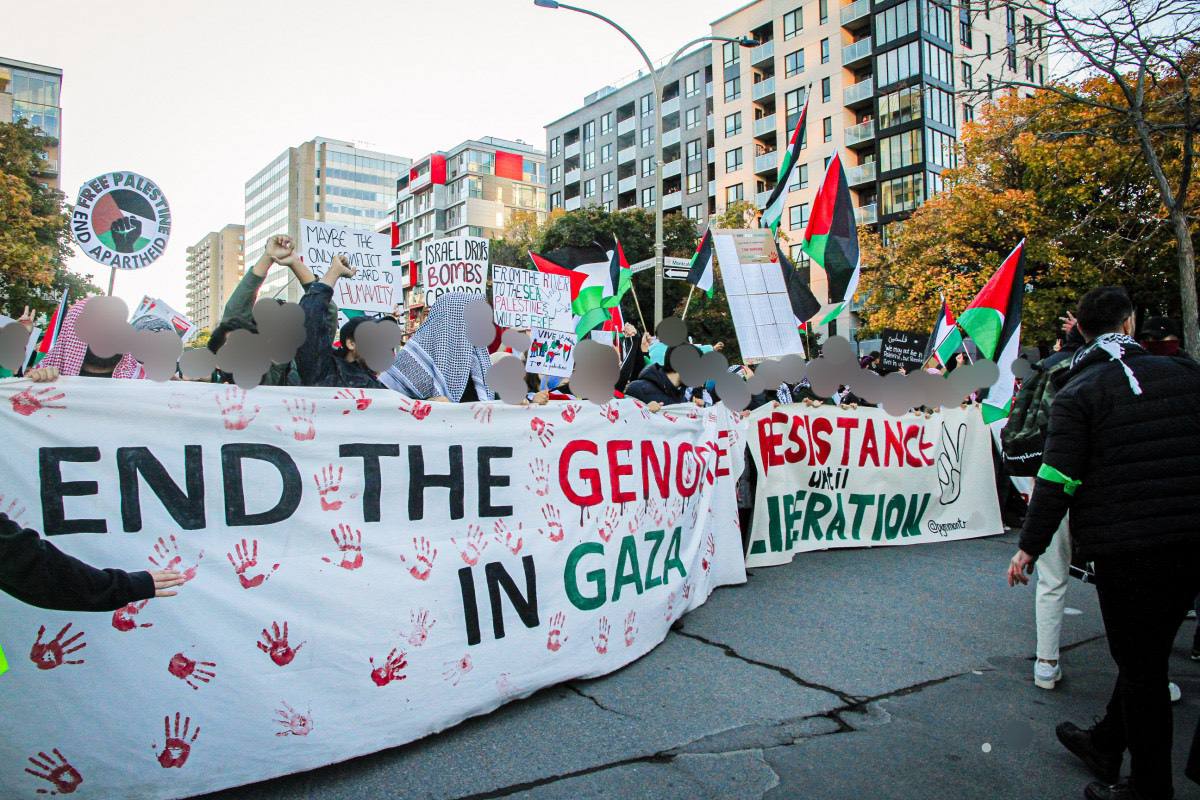
CANADA – In a development that marks a significant shift in Canada’s approach to the Israel-Palestine conflict, the Royal Canadian Mounted Police (RCMP) has quietly launched an investigation into potential Israeli war crimes committed during the ongoing war on Gaza. The probe—initiated without public announcement in early 2024—comes as global outrage grows over Israel’s military campaign, which has killed more than 54,000 Palestinians, most of them women and children, according to Gaza’s Health Ministry.
The RCMP confirmed the existence of the investigation this week, referring to it as a “structural investigation” under Canada’s Crimes Against Humanity and War Crimes Program. The program involves multiple federal agencies, including the Department of Justice and Canada Border Services Agency, and is tasked with denying safe haven to war criminals and ensuring accountability for mass atrocities.
Despite the scale of destruction in Gaza and the seriousness of the allegations, the RCMP has offered no public outreach or transparency around its work. Unlike its widely promoted investigation into Russian war crimes in Ukraine—which involved hotlines, airport posters, and direct media engagement—the Gaza file has been handled in near-total silence. Legal experts and human rights organizations have raised questions about the disparity.
The Canadian government has faced growing calls to act as evidence of Israeli violations mounts. The United Nations has repeatedly warned that Israel’s blockade of humanitarian aid, bombardment of civilian areas, and destruction of Gaza’s infrastructure could amount to crimes under international law. Several independent UN commissions have concluded that Israel may be responsible for war crimes and crimes against humanity since October 2023.
Israel’s campaign began after the Hamas-led October 7 attack that left around 1,200 Israelis dead and 250 taken hostage, according to Israeli sources. However, the scale and intensity of the Israeli response has prompted widespread condemnation, including from Canada. In May, Ottawa joined the U.K. and France in denouncing Israel’s expansion of its assault on Rafah, threatening “targeted sanctions.” Canada has also criticized Israeli settlement expansion in the West Bank as illegal.
The RCMP says its mandate includes gathering physical and digital evidence as well as victims’ testimonies—suggesting Palestinian Canadians could play a key role in the investigation. According to the Department of Justice, a structural investigation can be triggered when “there is evidence that war crimes, crimes against humanity or genocide have occurred” and a large enough affected population is present in Canada.
Yet questions remain. While Canada’s Ukraine investigation involved collaboration with the International Criminal Court, the RCMP has not said whether similar support will be offered in relation to Gaza. Nor has the government explained why it withheld public acknowledgment of the Gaza probe for months, despite mounting civilian deaths.
Takeaway:
Canada’s covert investigation into potential Israeli war crimes signals a cautious but notable step toward accountability in Gaza. However, the stark difference in visibility and urgency compared to other war crimes probes—especially Ukraine—raises critical questions about political will and equal application of justice. As evidence of mass atrocities continues to emerge, pressure is mounting on Ottawa to confront Israel’s actions with the transparency and seriousness the situation demands.
